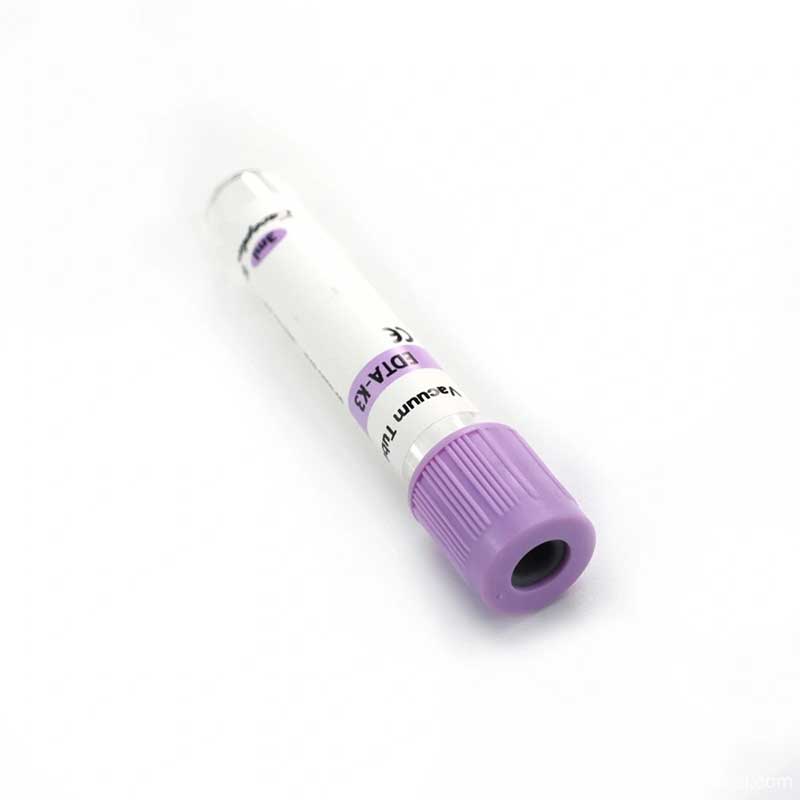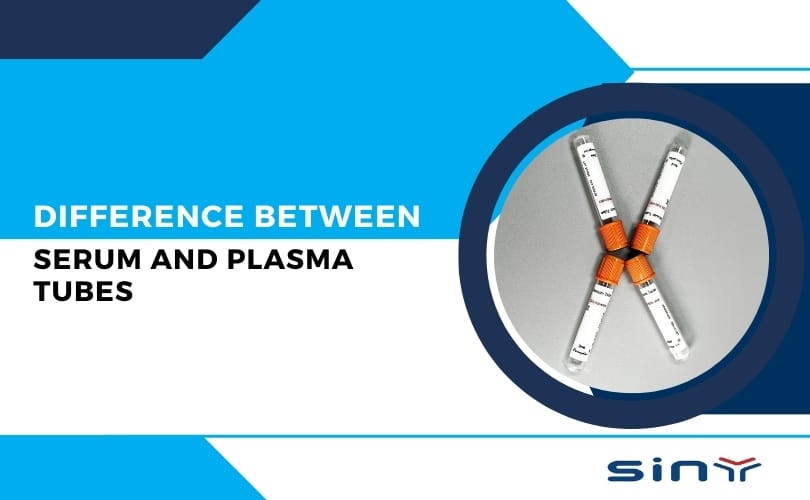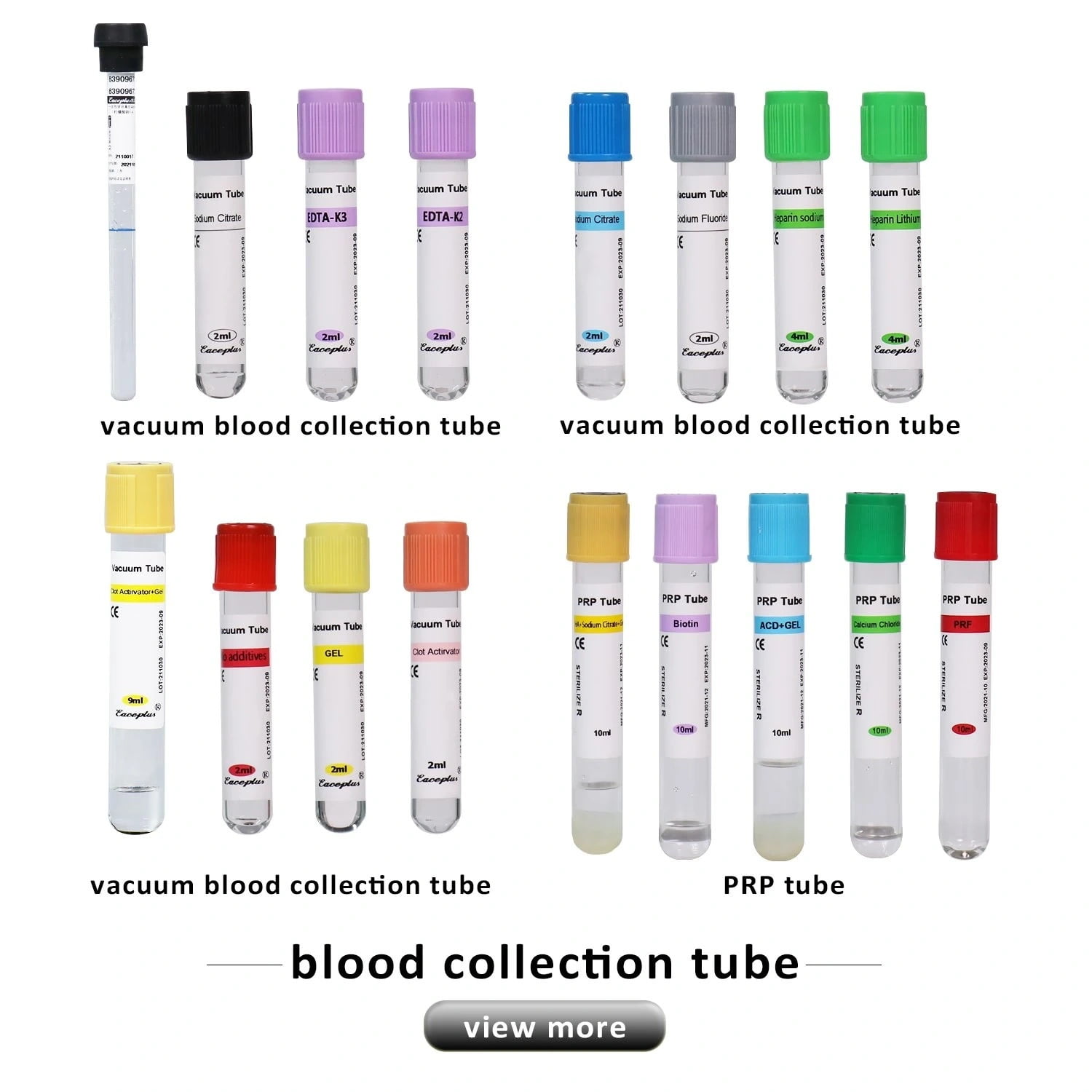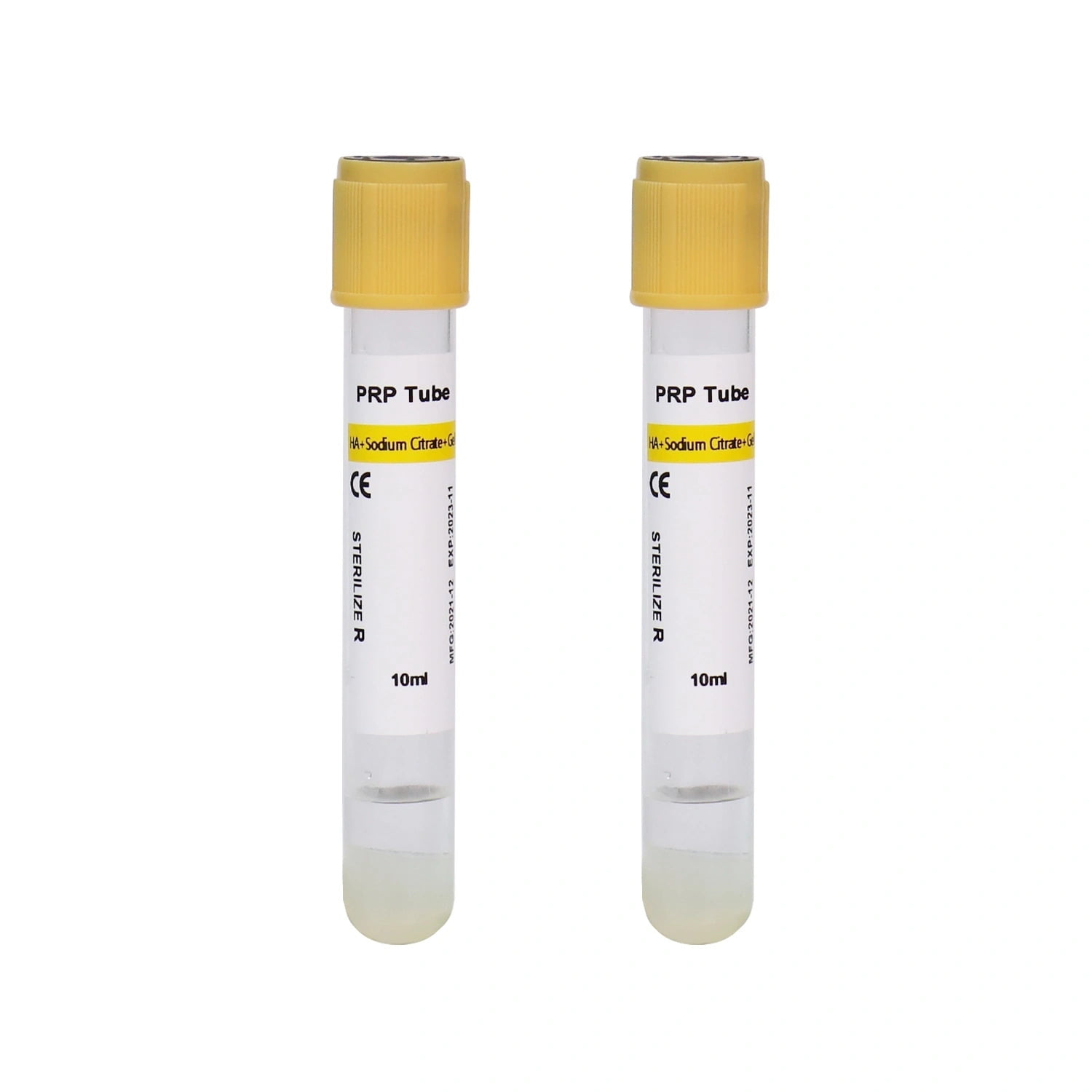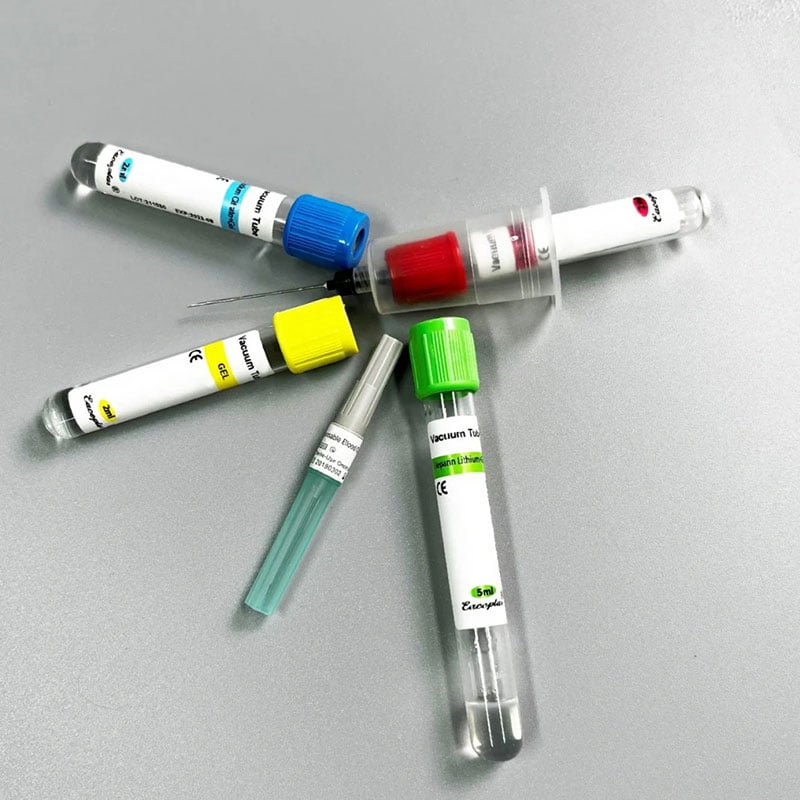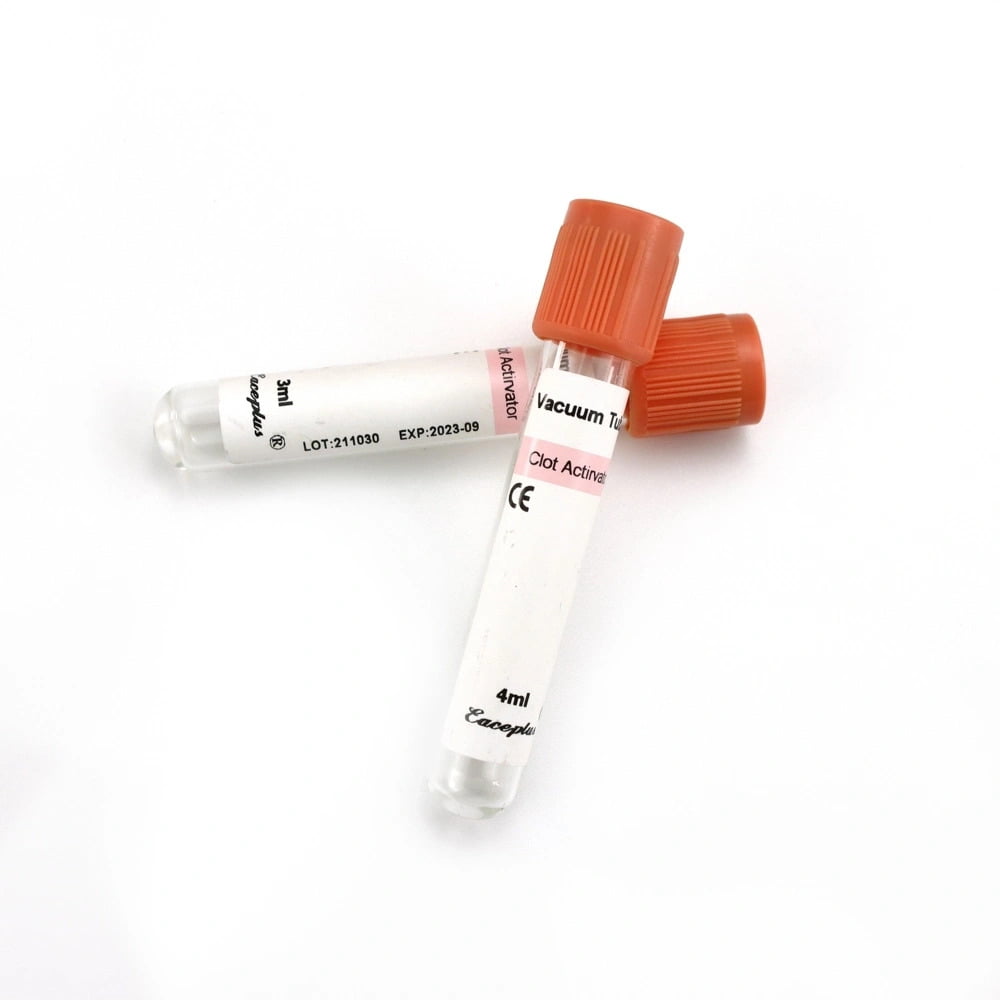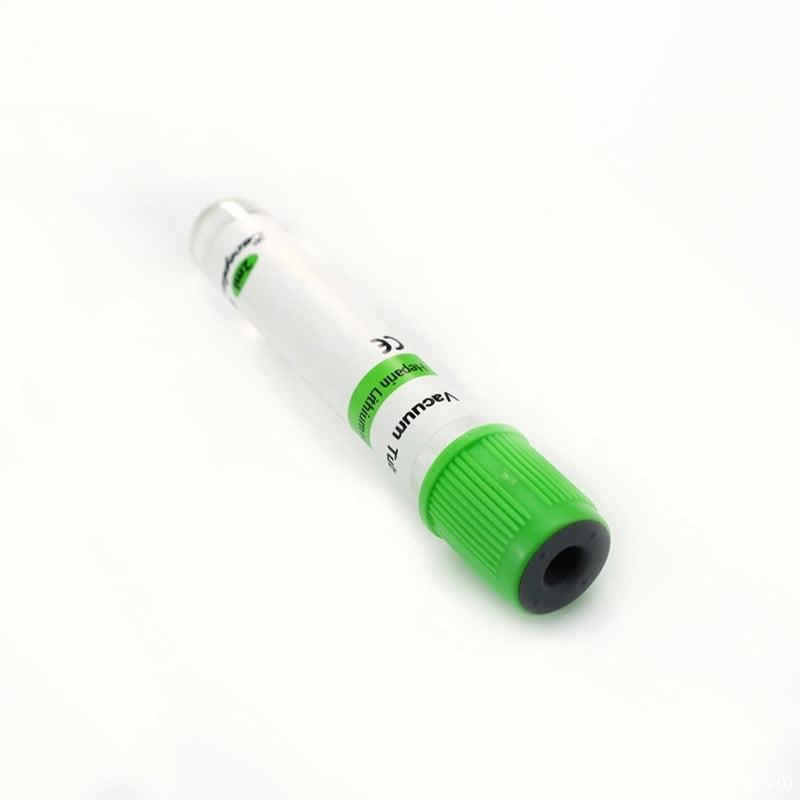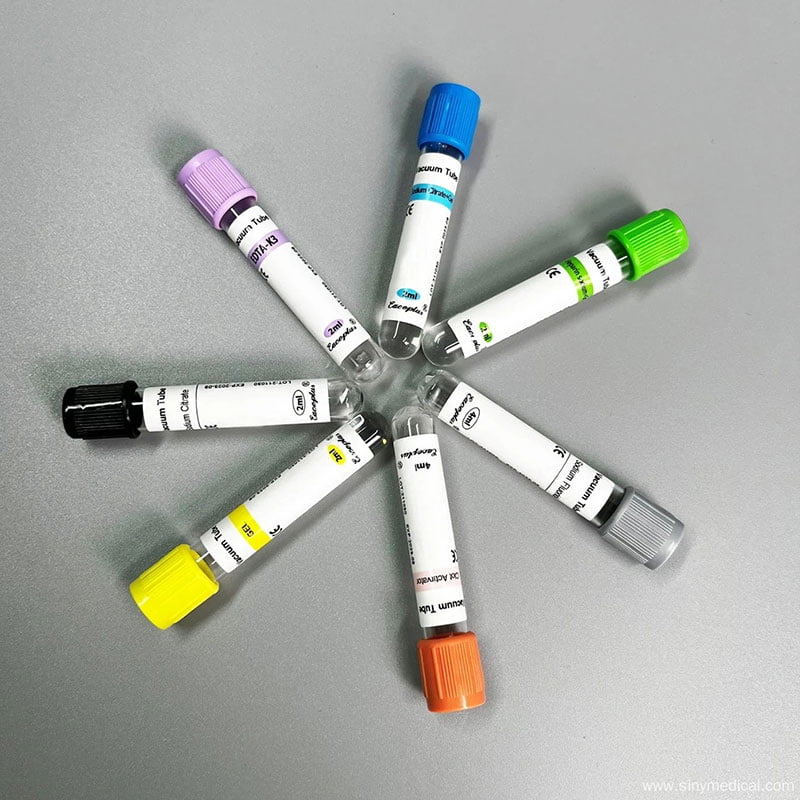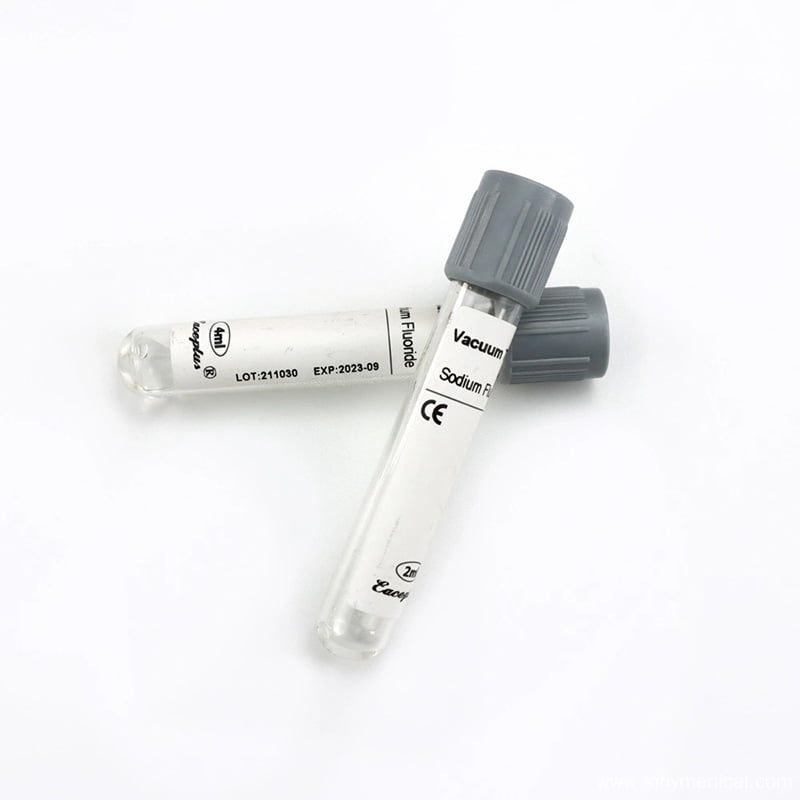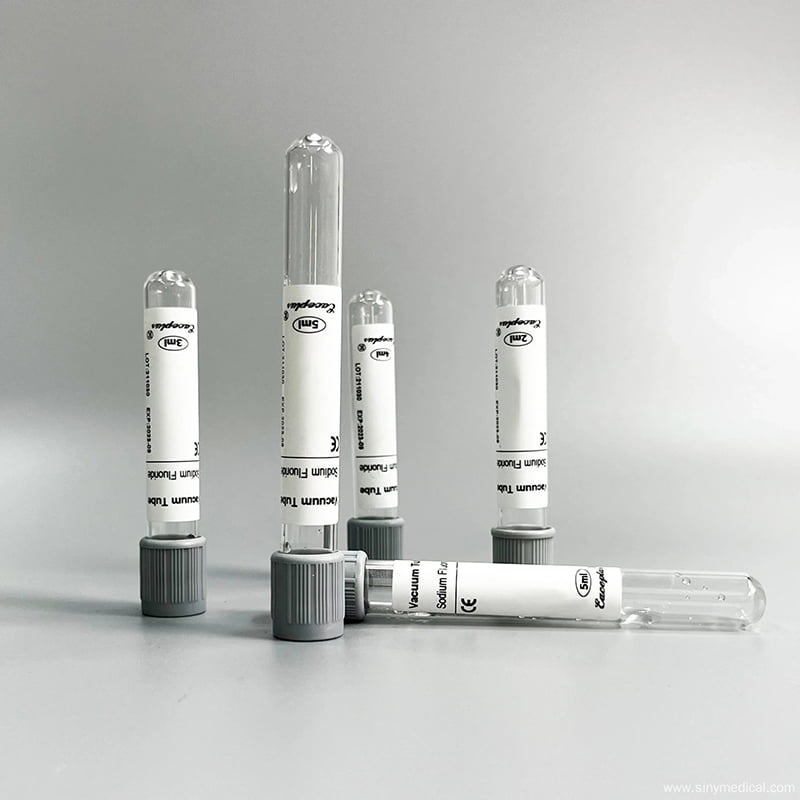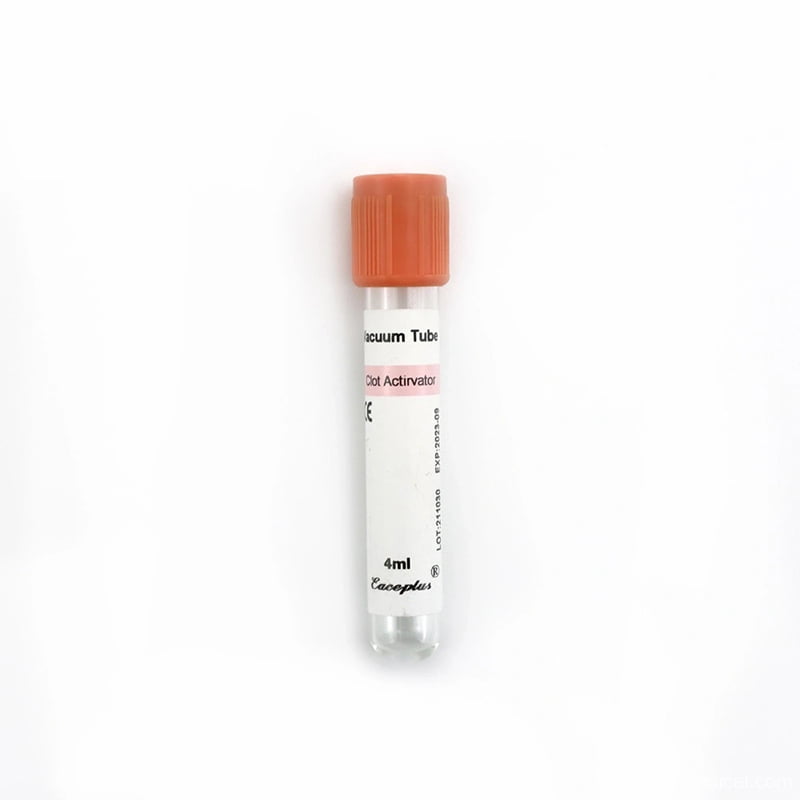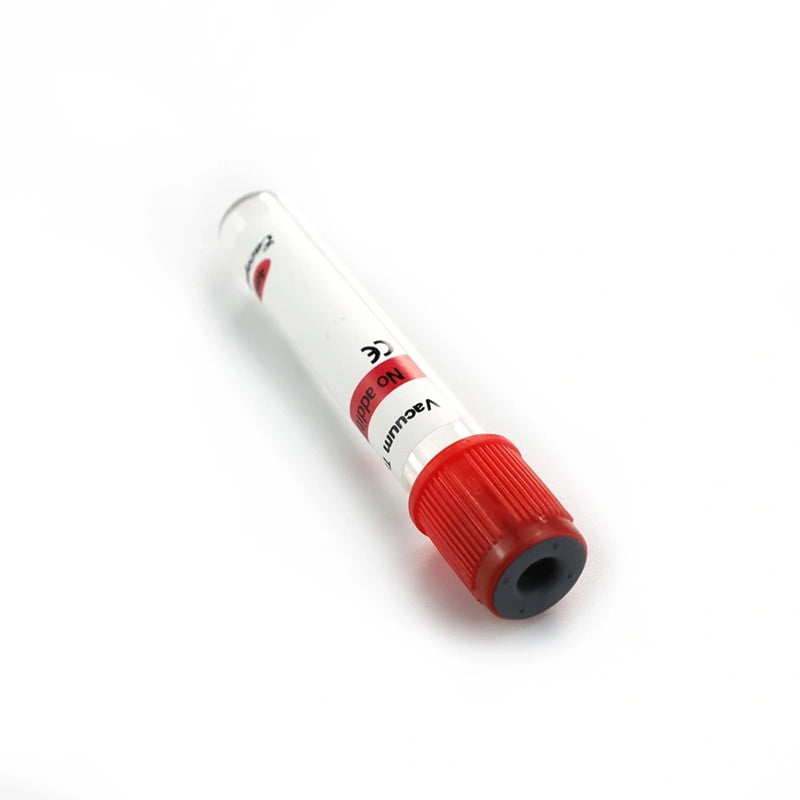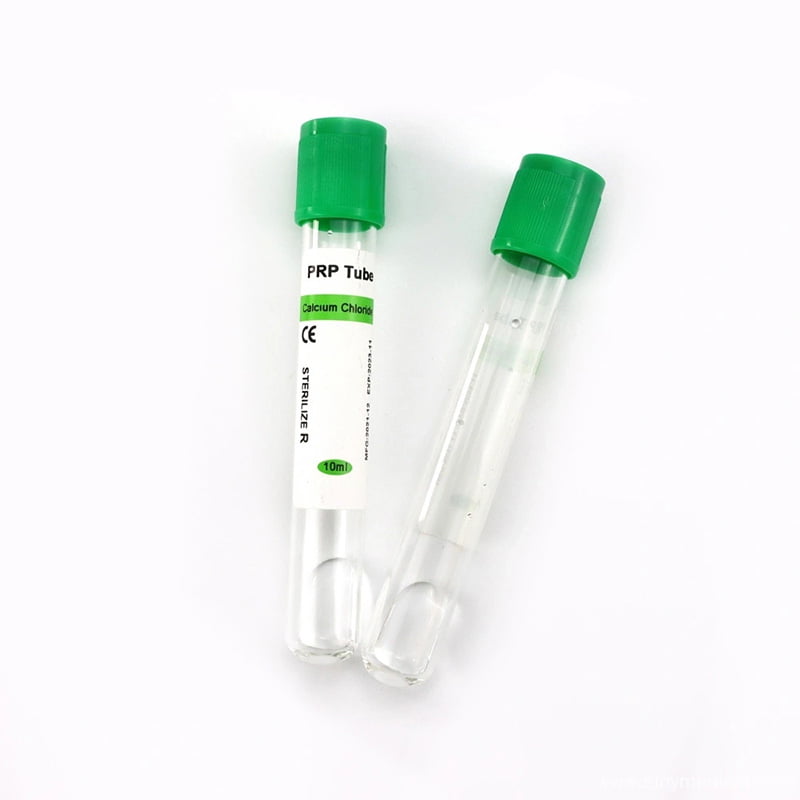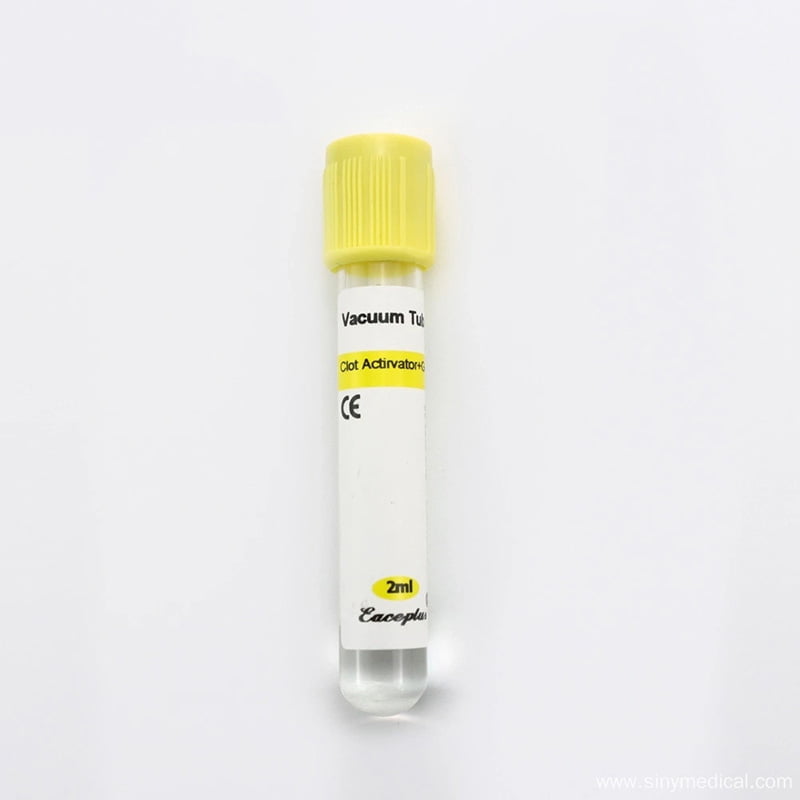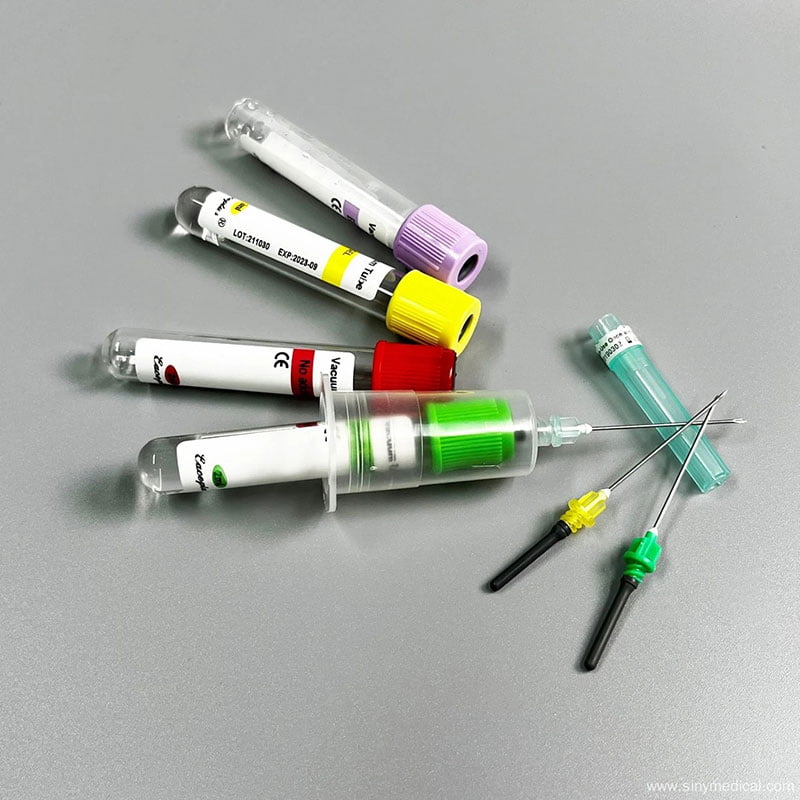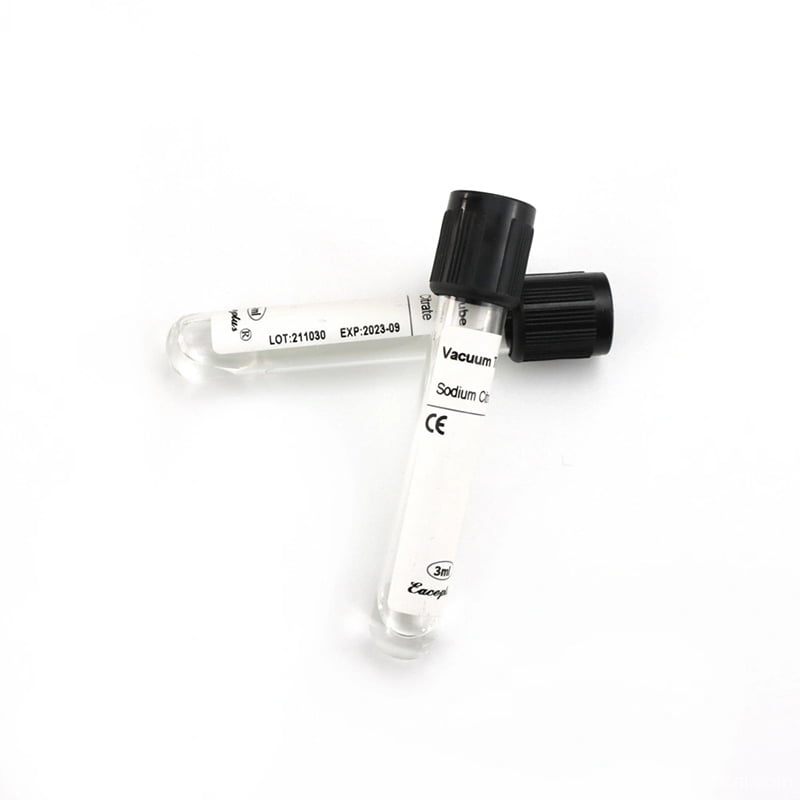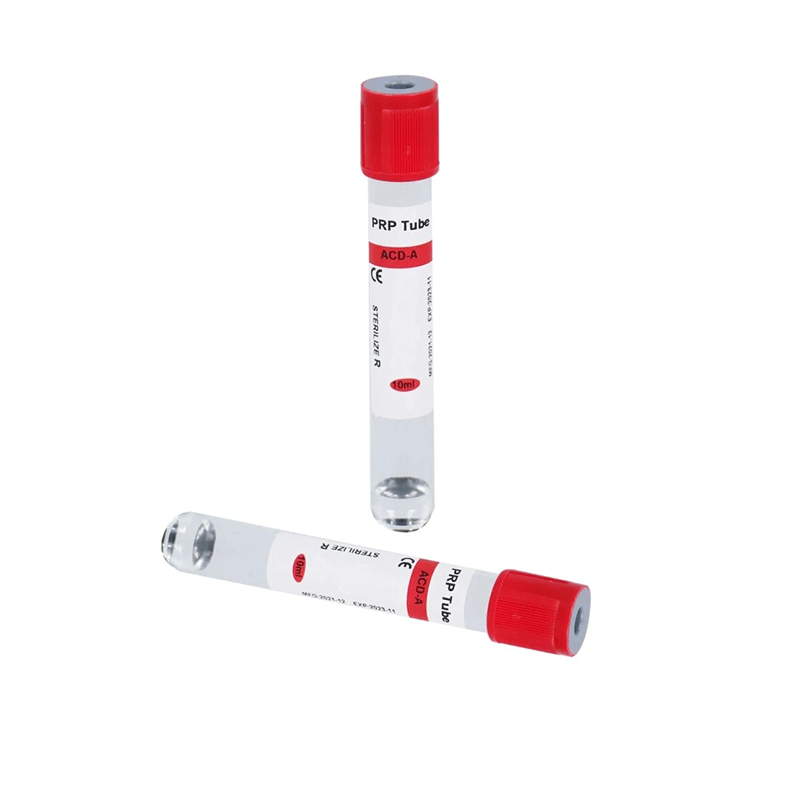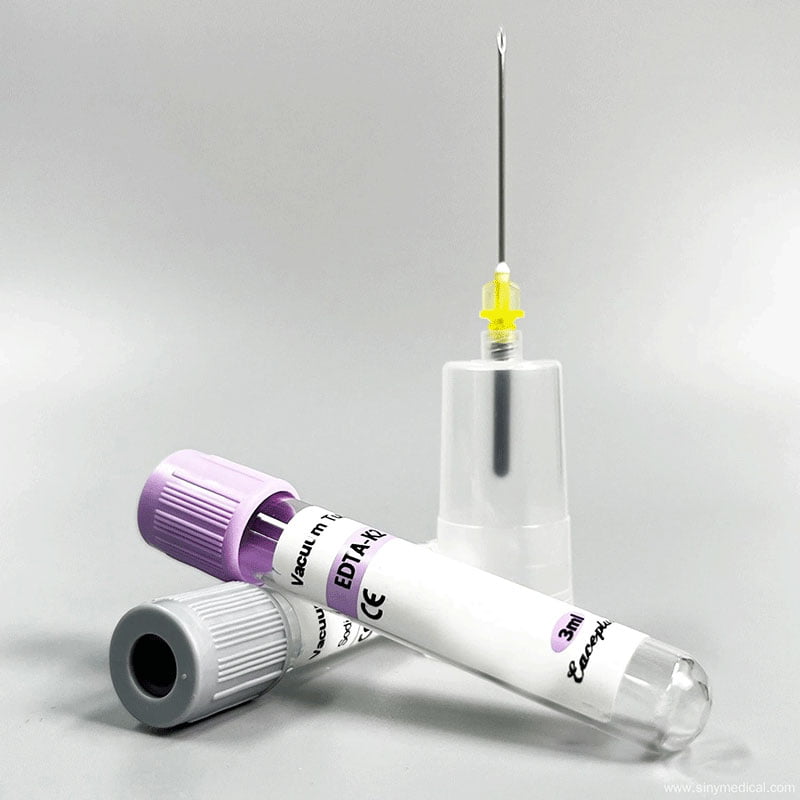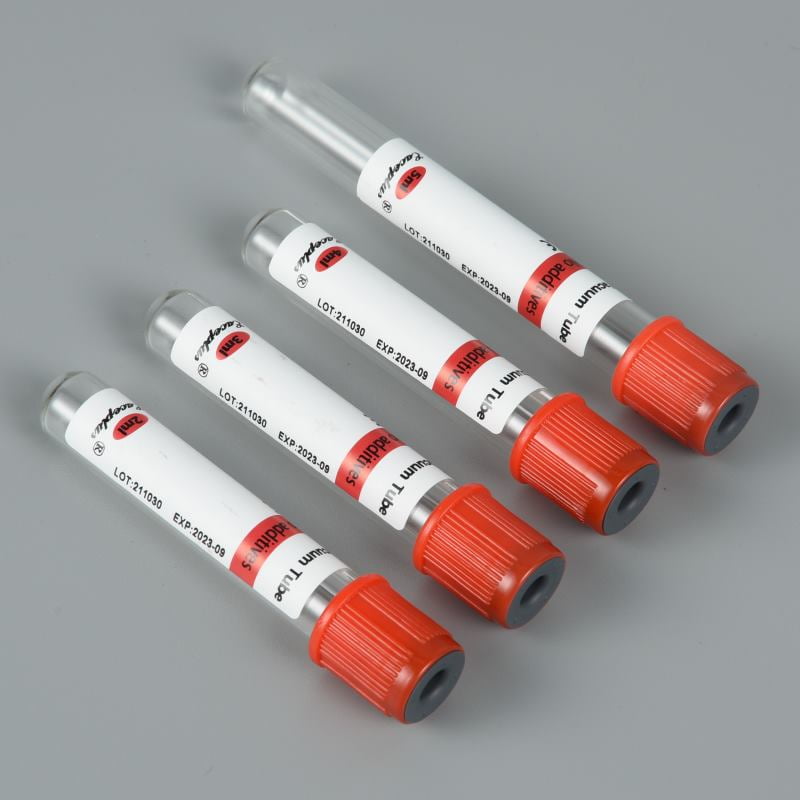A urine container, commonly called a urine cup, is a specialized vessel designed for collecting, storing, and transporting urine samples for medical testing. These containers play a crucial role in diagnostics, enabling healthcare professionals to analyze urine for various conditions.
Urine containers are used to store urine samples for testing. They are made from plastic and are typically transparent and sterile. Urine containers come in different sizes, shapes, and colors.
Table of Contents
What is a Urine Container?
A urine specimen cup is a small medical-grade container to collect and store urine samples for diagnostic testing. These containers are designed to ensure the sample remains sterile and uncontaminated until it reaches the lab. Whether it’s for routine health check-ups, pregnancy tests, or diagnosing underlying medical conditions, urine containers are the unsung heroes of accurate diagnostics.
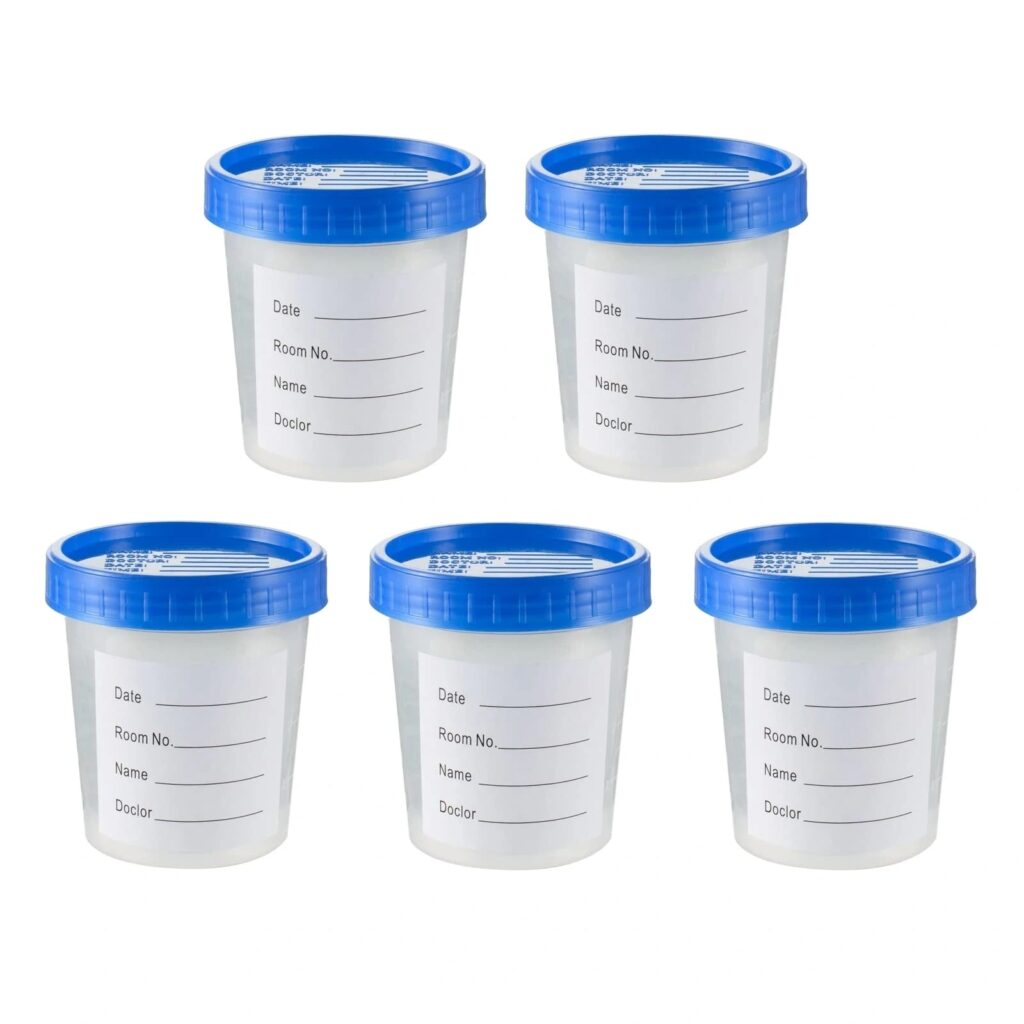
Why Are Urine Containers Important?
Urine analysis is one of the simplest and most effective ways to detect various health conditions. From urinary tract infections (UTIs) to kidney disorders and even diabetes, a urine test can reveal crucial health information. Using a proper urine container ensures the following:
- Sterility: Prevents sample contamination, which could lead to incorrect results.
- Convenience: Designed for easy sample collection and transportation.
- Accuracy: Maintains the integrity of the sample for precise analysis.
Uses of Urine Containers
Urine containers are primarily used in healthcare and medical diagnostics. Here’s a breakdown of their key uses:
Routine Health Check-ups
Doctors often request urine tests during annual physicals to screen for common health issues like infections or diabetes.
Pregnancy Testing
Urine is tested for the presence of the hormone hCG (human chorionic gonadotropin) to confirm pregnancy.
Drug Testing
Urine is one of the most reliable specimens cup for drug testing in workplaces, rehabilitation programs, and sports organizations.
Disease Diagnosis
Urinalysis helps diagnose UTIs, kidney stones, liver conditions, and other systemic illnesses.
Monitoring Ongoing Treatment
Patients undergoing treatment for chronic conditions may require frequent urine tests to monitor their progress.
Types of Urine Containers
When it comes to urine containers, one size doesn’t fit all. Different types of containers are available to meet specific testing needs. Let’s explore the most common ones:
Standard Urine Cups
- Description: These are disposable plastic containers with a secure lid.
- Use: Ideal for general-purpose urine collection and transport to the lab.
Sterile Specimen Cups
- Description: These cups come pre-sterilized and sealed to ensure zero contamination.
- Use: Perfect for tests requiring uncontaminated samples, such as bacterial cultures.
24-Hour Collection Containers
- Description: Larger containers designed to collect all urine produced over 24 hours.
- Use: Often used in advanced diagnostic tests to evaluate kidney function.
Pediatric Urine Bags
- Description: Specialized bags for collecting urine samples from infants and young children.
- Use A convenient solution for pediatric urine tests.
Urine Drug Test Cups
- Description: Integrated with drug screening panels to provide instant results.
- Use: Commonly used in workplace drug testing.
Where to Find Reliable Urine Containers?
If you’re looking for premium-quality urine containers, consider checking out trusted medical suppliers like Siny Medical and Siny Medical’s Urine Cup Collection. They offer a wide range of options designed for precision and convenience.
Wrapping It Up
Urine containers might not grab headlines, but they’re vital to the healthcare industry. From ensuring accurate diagnoses to maintaining sample integrity, these simple tools are indispensable in modern medicine. Whether you’re undergoing a routine check-up or a specialized test, the right urine container can make all the difference.
For medical professionals or individuals looking for trusted urine container suppliers, don’t forget to explore Siny Medical’s offerings for high-quality solutions.
FAQs
Are all urine containers sterile?
No, not all urine containers are sterile. Always check the packaging or ask for pre-sterilized options when needed.
What container do you use for urine samples?
A urine specimen cup is commonly used for urine samples. These are typically sterile, disposable plastic containers with secure, leak-proof lids. They maintain the sample’s integrity and prevent contamination during collection and transportation.
What types of urine containers are available?
- Standard Urine Containers: Commonly used for routine urinalysis.
- Sterile Urine Containers: Designed to prevent contamination, crucial for tests requiring sterile conditions.
- 24-Hour Urine Collection Containers: These collect all urine produced over 24 hours to assess kidney function or other health metrics.
How do I collect a urine sample?
For a standard urine collection:
- Clean the area around the urethra.
- Collect the midstream sample (the middle portion of the urine flow) in the container.
- Avoid touching the inside of the container or its lid to prevent contamination.
For a 24-hour collection:
- Begin by emptying your bladder and discarding that urine.
- Collect all subsequent urine over the next 24 hours into the designated container, keeping it refrigerated during this period.
How should I store the urine sample?
Store urine samples in a cool place, ideally refrigerate them at temperatures between 2°C to 8°C (36°F to 46°F) until you deliver them to the laboratory. This helps preserve the integrity of the sample for accurate testing

